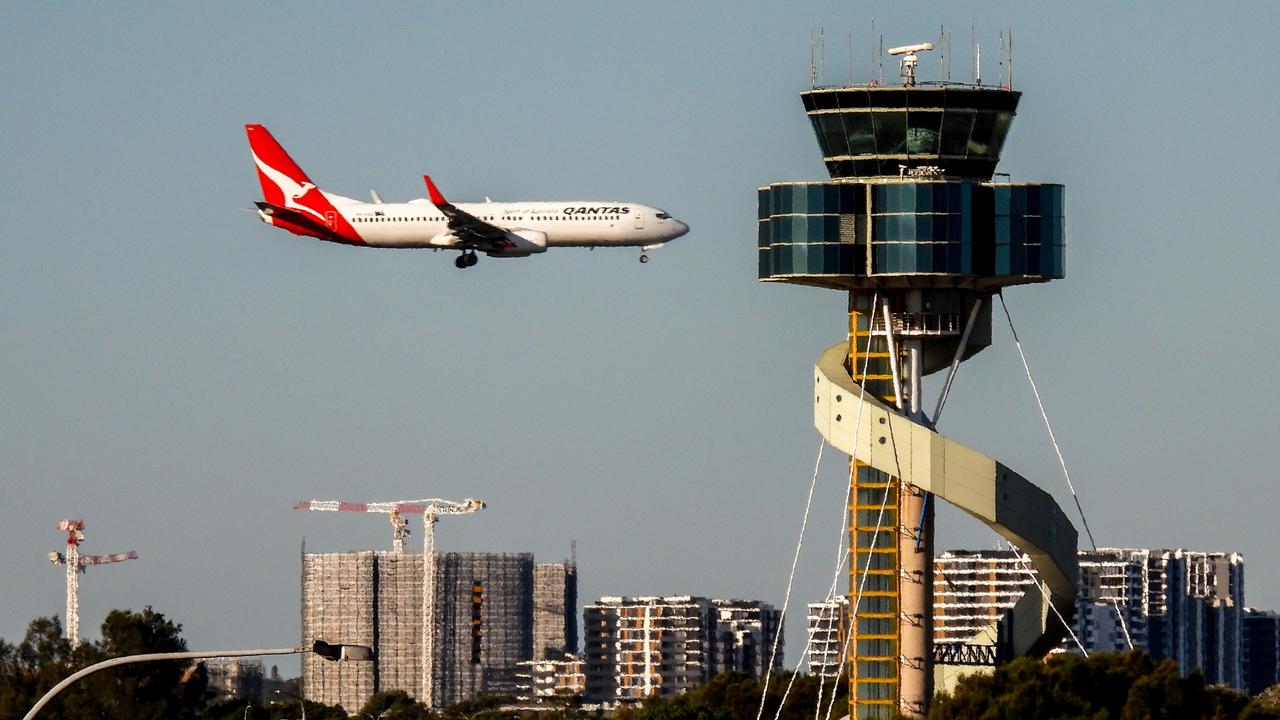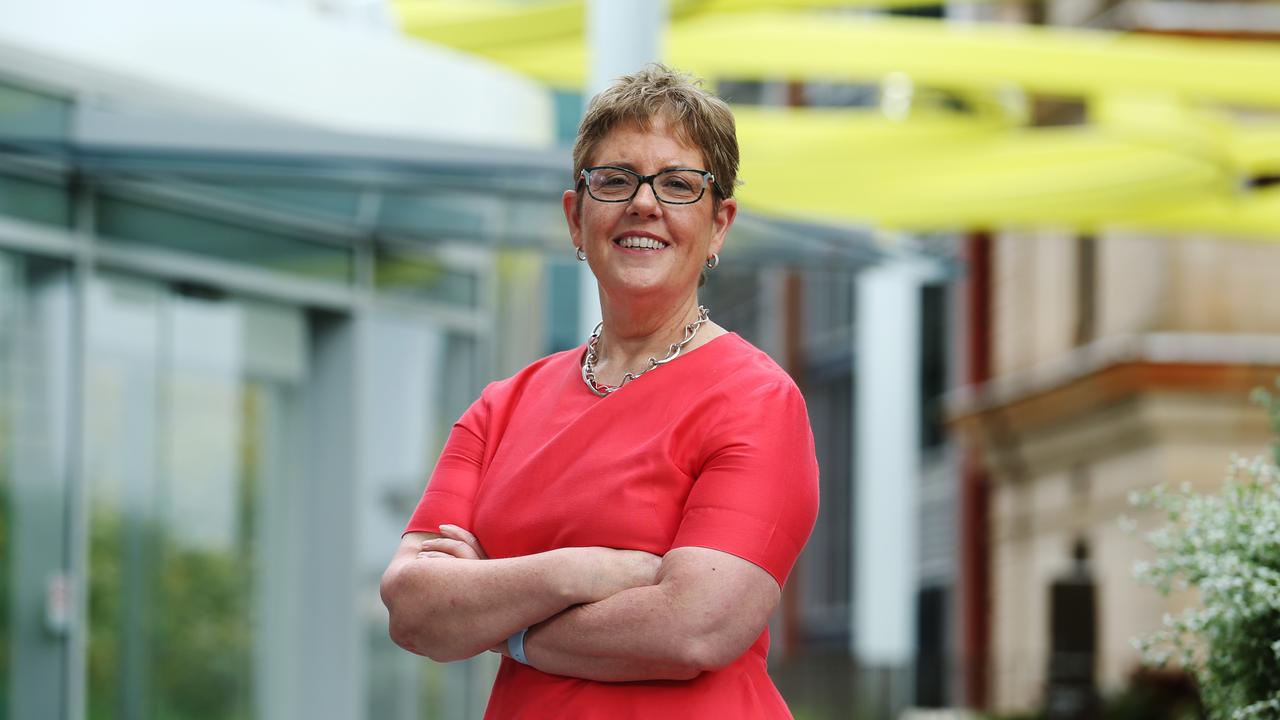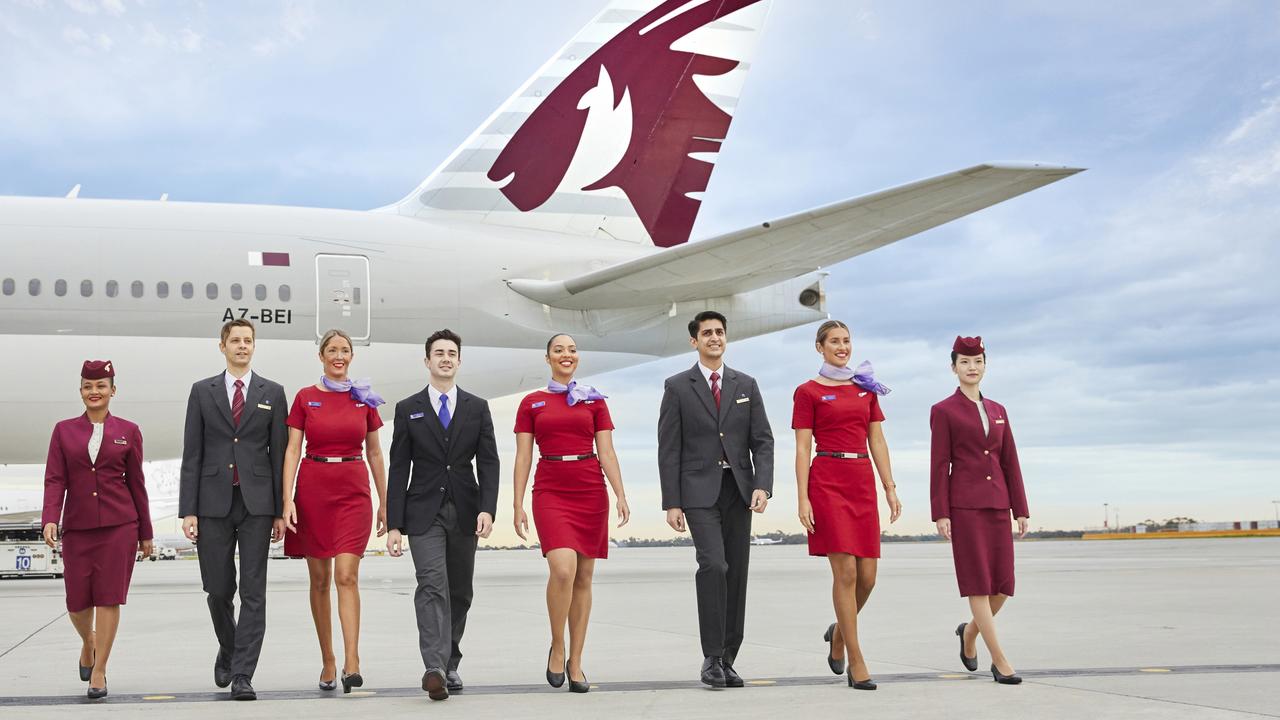Airservices under fire over long ground delays at Melbourne Airport
Airservices Australia is under fire over long delays at Melbourne Airport on Wednesday, as dozens of aircraft taxied for takeoff rather than being held at the gate.
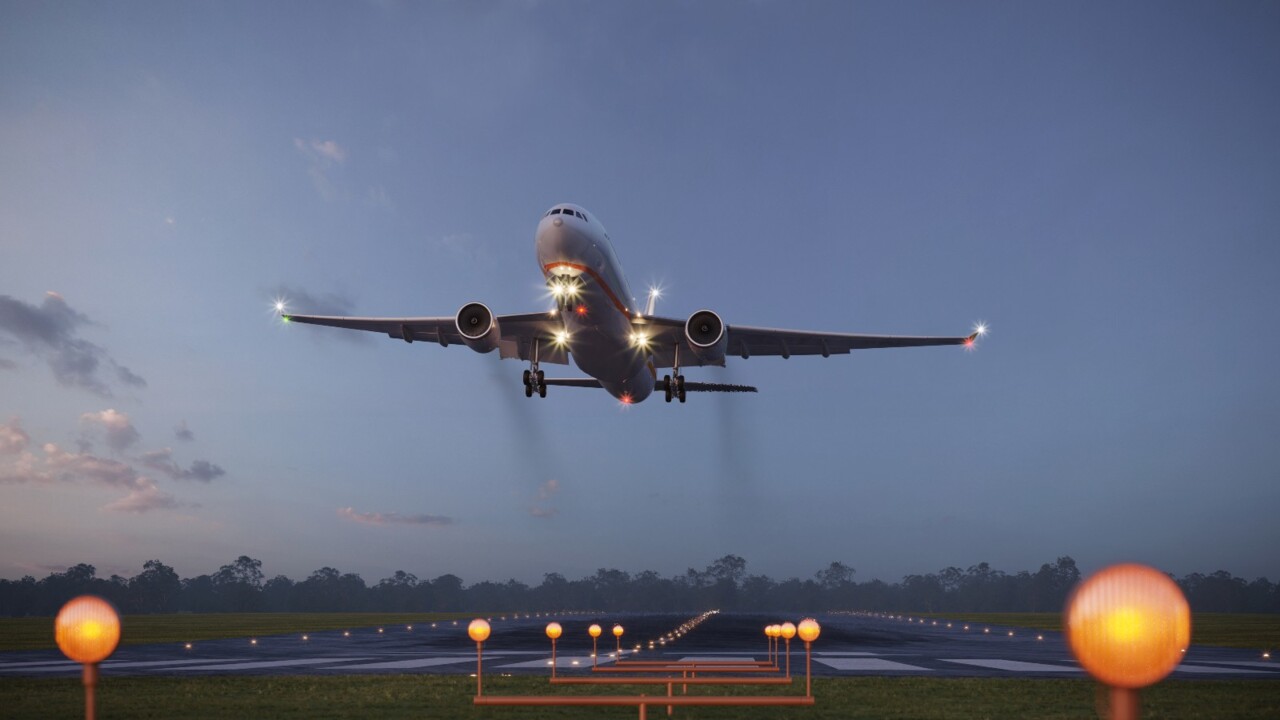
Business
Don't miss out on the headlines from Business. Followed categories will be added to My News.
Airlines are struggling to understand why dozens of flights were placed into a 90-minute queue for takeoff at Melbourne Airport on Wednesday, when bad weather reduced operations to a single runway.
Rather than keep flights at the gate, aircraft continued to be added to the queue with up to 25 planes lined up at one point.
As a result two United Airlines’ flights were cancelled when it became apparent the crew would run out of hours, and other flights had to return to the gate to top up fuel supplies.
Pilots were fuming about the debacle, which came as Airservices Australia sought to increase its charges to airlines for air traffic control and fire and rescue.
“It was a joke,” said one pilot caught up in the mayhem.
“Co-ordinator for pushback clearance, OK, we call, he gives approval. He did this despite knowing we had a 90-minute taxi delay ahead of us.”
An Airservices spokeswoman said the ground delays were “purely weather and safety-related to safeguard the travelling public”.
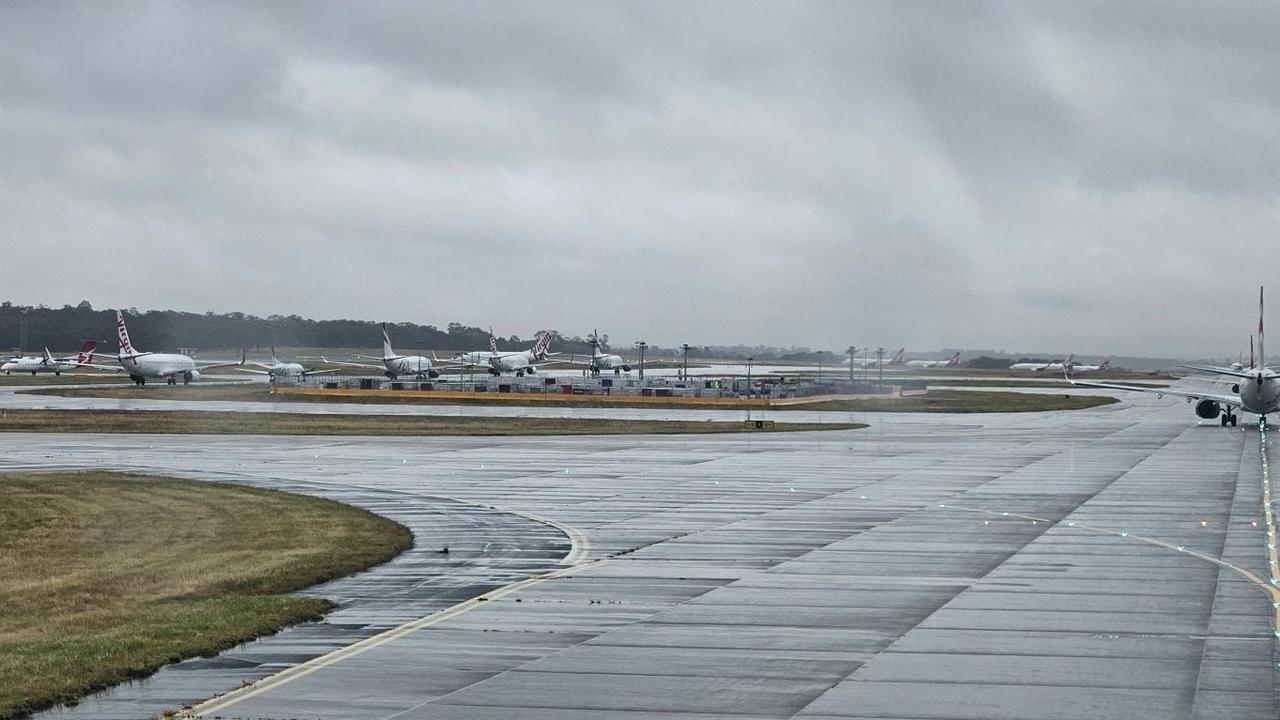
It’s understood strong winds made the use of the east-west runway unsafe, and low cloud limited air traffic controllers’ ability to put aircraft through on the north-south runway.
Melbourne Airport chief of aviation Jim Parashos confirmed strong wind gusts resulted in “significant delays to arrivals and departures as well as the cancellation of some flights”.
“Melbourne Airport has submitted plans to the Commonwealth government for a parallel north-south runway that will help reduce delays for airlines and passengers in circumstances such as yesterday,” Mr Parashos said.
Single runway operations were again in place at Melbourne Airport on Thursday but delays were being kept to a minimum.
The issues capped off a day of chaos for airlines and passengers, with afternoon thunderstorms in Sydney adding to the disruption.
Qantas was forced to cancel 23 flights due to weather across Qantas domestic, international and QantasLink.
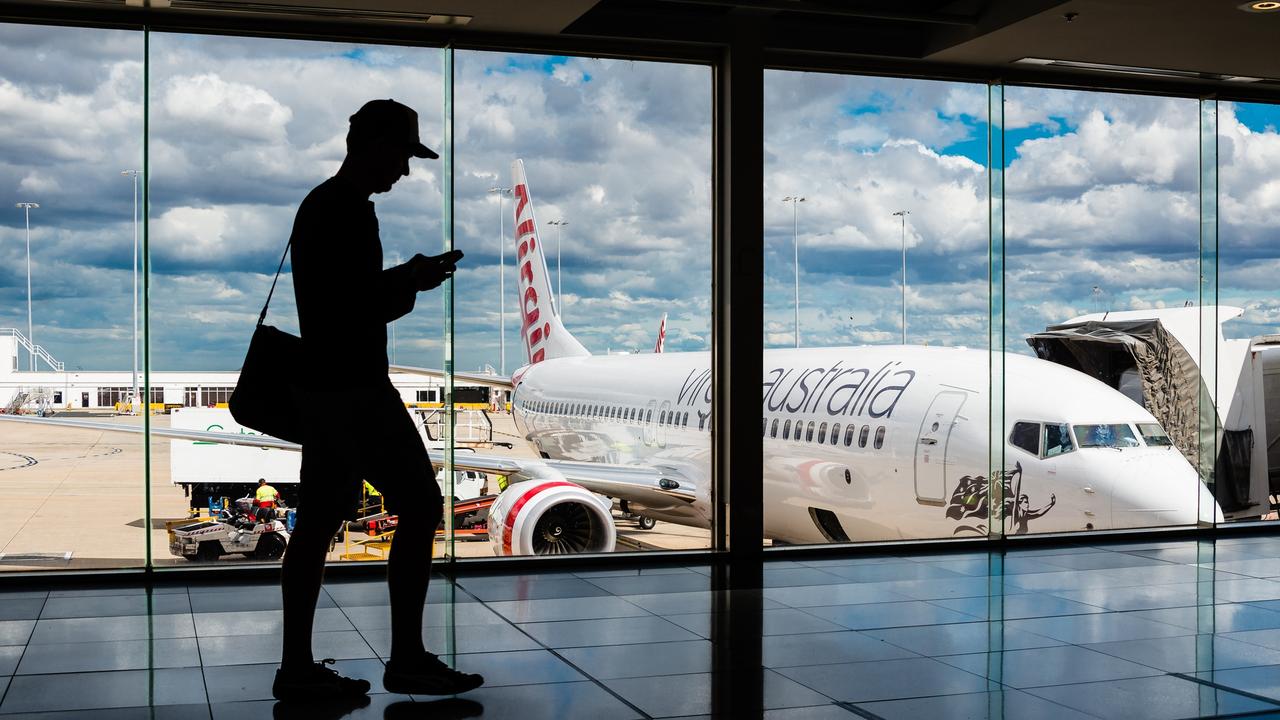
Another three services and two Jetstar flights had to divert to Canberra to refuel after being placed in lengthy holding patterns over Sydney.
All made it to Sydney within 90 minutes of their scheduled arrival time.
Virgin Australia cancelled 29 flights in total but was able to recover the majority of guests on Thursday services.
A Sydney Airport spokeswoman said storm activity was the issue although both runways remained open.
The upheaval came as the Australian Competition and Consumer Commission seek the views of the aviation industry on a proposed price increase by Airservices for its air traffic control and aviation fire and rescue operations.
Four price increases were proposed between April 2024 and January 2026 which would collectively increase the price for airline services by 19 per cent.
The planned hike was the first since 2015, and followed a 2 per cent decrease in 2019.
ACCC commissioner Liza Carver said Airservices was the only declared provider of air traffic control and aviation firefighting services, so any price increases must be assessed carefully.
Figures provided by Airservices Australia showed an airline flying a Boeing 737-800 from Melbourne to Brisbane currently incurred a cost per passenger of about $13.
From next April that would climb to $14 a passenger.
International flights currently incurred a cost of about $35 a passenger, which would jump to $37 after the first increase in 2024.
“We want to hear the aviation industry’s views on Airservices Australia’s proposal, in particular the domestic and international airlines that operate in Australian airspace,” said Ms Carver.
Airservices has been in the process of recruiting more air traffic controllers after repeated shortages caused major disruption for airlines earlier this year.
The recruitment drive aimed to add another 80 controllers by mid-2024.
More Coverage
Originally published as Airservices under fire over long ground delays at Melbourne Airport



